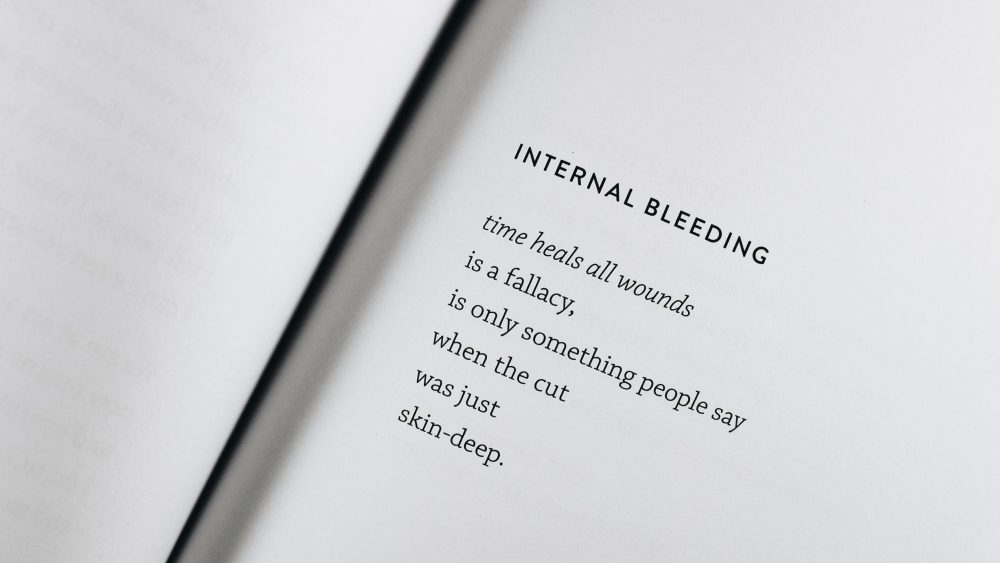As we move towards 2019, it is of no surprise that there are many ways in which the needs of women are not met. Suppression of women’s rights (reproductive and otherwise) as well as the out-dated expectations that are placed upon women in today’s world still require significant attention and there is much progress yet to be made. This is illuminated in today’s article, as we explore a mental health condition called postpartum depression.
I received a letter from a lady who has recently given birth and is feeling incredibly depressed. Her depth of depression is neither understood nor validated by her partner or family members. As such, she is experiencing huge levels of guilt and shame for feeling so very low at what should be ‘‘the happiest time of her life’’. This condition is more common than you might expect. The unspoken reality is that millions of women throughout the world are severely depressed during and after their pregnancy. Yet, it is a topic that is not properly understood, nor acknowledged as it should be. Instead it is dismissed, leaving many women with the condition alone and isolated in dealing with a type of depression that can, if untreated, last a lifetime.
What is postpartum depression?
In many cases, postpartum depression it is a natural, physiological response of the pregnancy experience itself. This is due to a series of factors, including the imbalance of hormones and physical stress that women encounter during (and after) the pregnancy journey, as well as the potential experience of a traumatic delivery whilst giving birth.
Following childbirth, the signs and symptoms of post-partum depression can vary, ranging from mild to severe. Symptoms include experience of anxiety, intense sadness, mood swings, feeling irritable or overwhelmed, reduced concentration, reduced appetite and impaired sleeping patterns.
Women may feel a sense of hopelessness or worthlessness. Women may even lose interest in their baby. Adjusting to the massive life alterations of becoming a mother can be tough and it can prove highly difficult to adapt. Where postpartum depression is experienced in a severe way, women may begin having thoughts of hurting themselves or their baby. If this is the case, it is important that medical support is attained straight away.
When to see a doctor?
If you are feeling a sense of shame or guilt, it can feel overwhelming or indeed embarrassing to reach out for support. It is however, essential that you call your doctor or seek help from a medical professional urgently if certain signs arise.
* If you experience depressive symptoms for two weeks or more
* Confusion or disorientation
* If you feel like your symptoms are becoming worse
* Obsessive thoughts
* If you are struggling to care or bond with your baby
* Inability to sleep
* If you are finding it hard to manage your daily tasks
* Paranoia or unusual agitation
* If you have any thoughts of harming yourself or your baby




